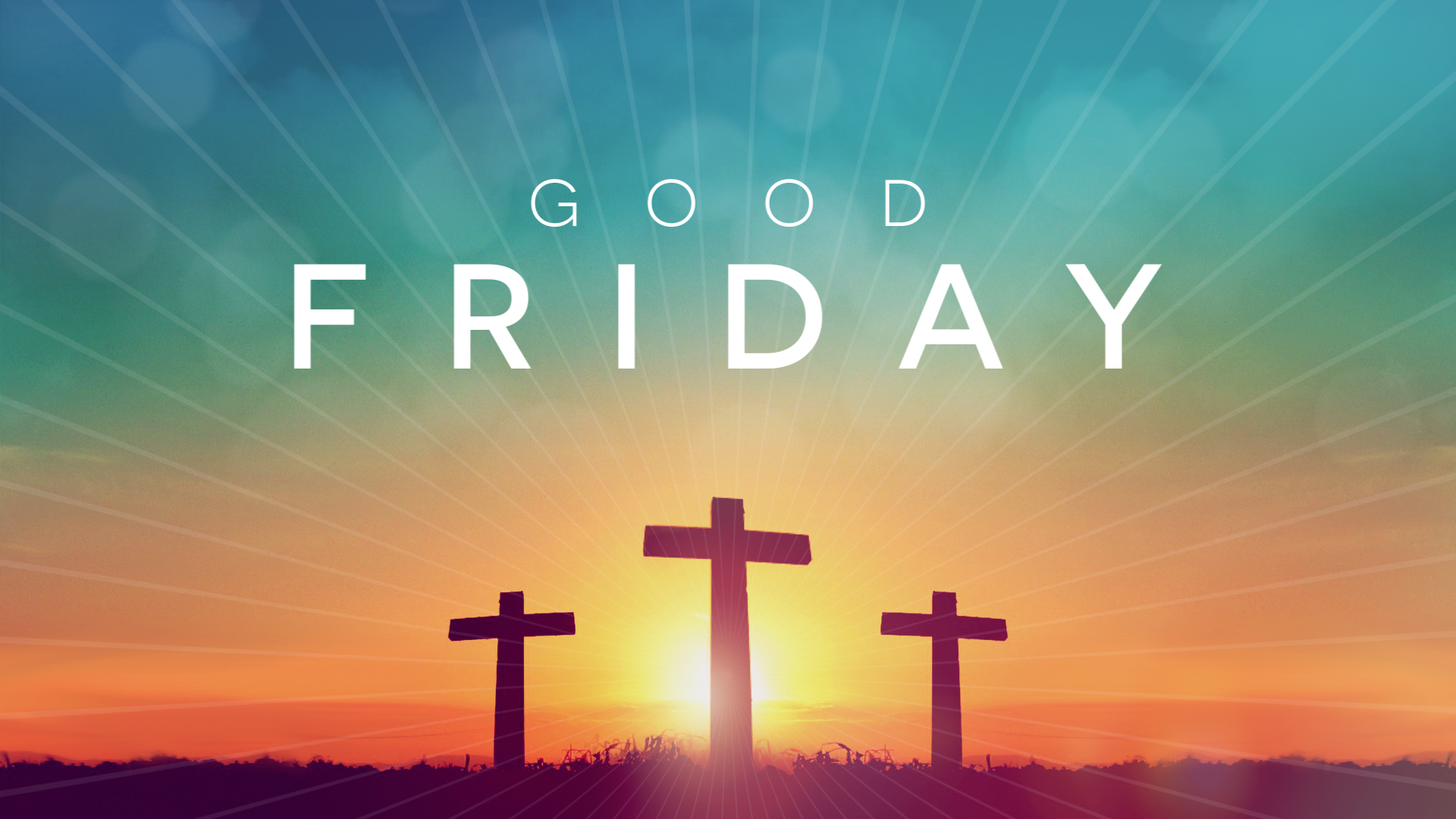Sabbath II, 1988 — Wendell BerryIt is the destruction of the worldin our own livesthat drives us half insane, and more than half.To destroy that which we were givenin trust: how will we bear it?It is our own bodies that we giveto be broken,our bodies existing before and after usin clod and cloud, worm and […]
Summit, Spirit, Sky: connect to community and creation!

